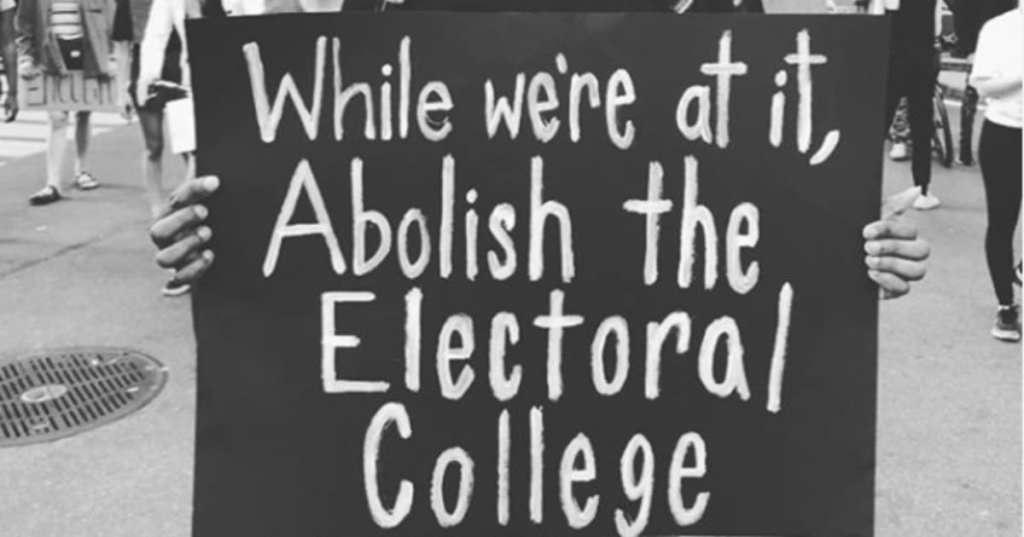For the majority of American history, the electoral college system has worked just fine. Presidential elections have been uncontested or not all that close, so the popular vote and the electoral votes line up without hassle.
There have been a few times, though, when the voice of the people has been changed by the electoral college – when a candidate for president has more votes overall, but not enough to win the day in the electoral college – and those moments always lead to a discussion on whether or not the system should still be in play.
https://www.instagram.com/p/BMy8FIojsuJ/
Even so, there has only been one time in history when the electoral college system has been seriously challenged…at least, so far.
It all happened, somehow fittingly, after the election of Richard Nixon.
The 1968 election was messy, with issues like The Vietnam War, rioting, Robert Kennedy’s assassination, and the fall of Lyndon Johnson’s popularity all swirling into the contentious mix. Former Alabama Governor George Wallace was a semi-viable third-party candidate, running against Richard Nixon and Hubert Humphrey.
Wallace was your typical Southern a**hole but popular with a certain set. He snagged 46 electoral votes, mostly in the South, and his success, along with a very close popular vote, led to NY Representative Emanuel Celler introducing a House Joint Resolution proposing an Amendment to abolish the Electoral College.
https://www.instagram.com/p/CB6qZz_Bjob/
The resolution sought to replace it with a system that required a president-vice president pair of candidates to win 40% or more of the national vote, and if no pair accomplished that, a runoff would be held between the two highest tickets.
It would be less complicated, and would never result in the House or Senate deciding an election by vote.
Arguments against included potential voter fraud, the worry that too many smaller parties could materialize, and taking the electoral process away from the states. Senators from Mississippi, Arkansas, North Carolina, Nebraska, Hawaii, and South Carolina all argued those points, while Carl Curtis, Senator from Nebraska went on a tangent about “reducing the voting power of my state by 20 percent.”
https://www.instagram.com/p/CB_URuIlGyw/
In the end the resolution failed, and we obviously are still saddled with the electoral college today. The Senators decided to take up other business and uphold the status quo, the way they have pretty much since the Civil War, and then Donald Trump won the White House in 2016, despite losing the popular vote.
Will someone get up the courage, or find the support to try again in the future? Only time will tell, but I have to think that at least some number of Americans would be behind the idea.
Which doesn’t mean it will happen, but hey – a country can dream.






